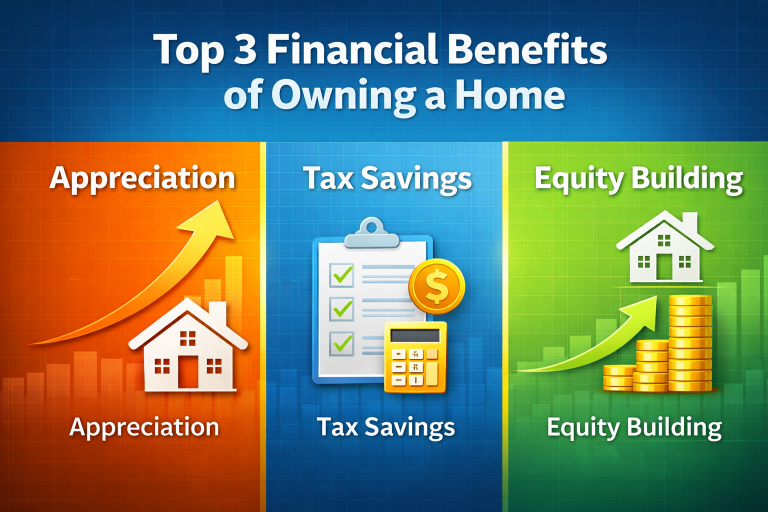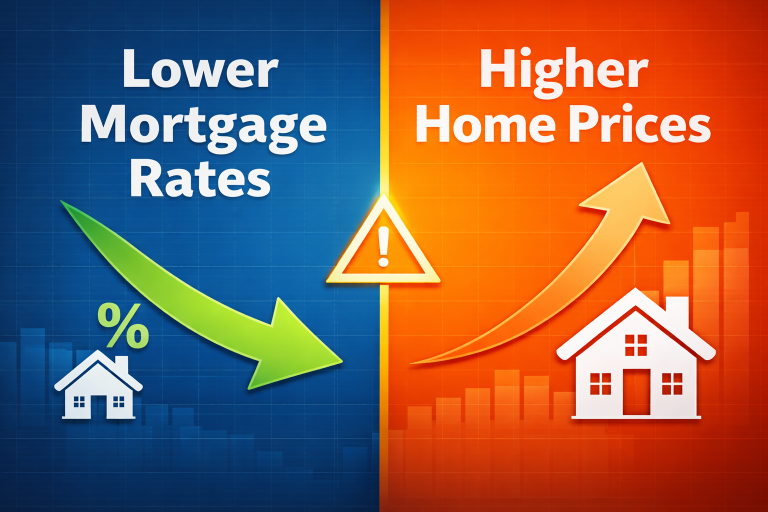Credit scores play a vital role in your ability to get a home mortgage. Here’s what you need to know if you are applying with a low credit score…
First things first credit scores are used to predict the likelihood of a payment default in the next 60 days. A lower credit score will result in more scrutiny applied to your loan application.
What’s considered a low score?
Conventional loans means anything under 680 is considered a low score. Note to get a conventional mortgage, you need at least a 620 credit score. For FHA loans and government mortgages, a low score is considered anything under 620. Not all, but most lenders will offer FHA mortgages with a credit score requirement as low as 580. This is where rubber meets the road in attaining an approval.
Expect the following if your score is less than 620:
- 43% debt to income ratio
- Higher rates and fees compared to a 620 or higher score
- Heavy questions on your financial background
The FHA does not have a maximum debt to income ratio requirement, but stresses the lender originating the FHA mortgage should use prudence and responsible underwriting in making sure they properly vet each low score application.
Credit score tiers:
- FHA low score 582-599
- FHA low score 600-619
- FHA score 620 or greater
Each tier generates different rates and fees when you apply. It is also important to be aware your lender will need more time in processing your loan. It is reasonable such a review of your file could take upwards of 45 days to close on an escrow. This is not to say don’t apply for a mortgage because you can’t get it closed in a timely manner, however it does providing the lender enough time to get your loan closed successfully.
If you can swing it, getting your score higher in any one or more of the following ways can not only reduce your rate and fees, but can also make your mortgage process faster.
- Pay off a debt in full
- Pay an account to 25% of the total allowable credit limit
- Negotiate with the creditor to remove the obligation
- Negotiate with the creditor to remove a derogatory item
- Paying off an old collection (note this strategy should be done with extreme prudence as this action could make your credit score drop). Make sure to seek the advice of financial professional when doing this.
If your credit is so-so and you’re looking to buy or refinance a home seeking the advice of an experienced loan professional is a great place to start.
Looking to get a mortgage? Get a free rate and cost quote online today.
Share:
RELATED MORTGAGE ADVICE FROM SCOTT SHELDON
View More from The Mortgage Files:
begin your mortgage journey with sonoma county mortgages
Let us make your mortgage experience easy. Trust our expertise to get you your best mortgage rate. Click below to start turning your home dreams into reality today!



